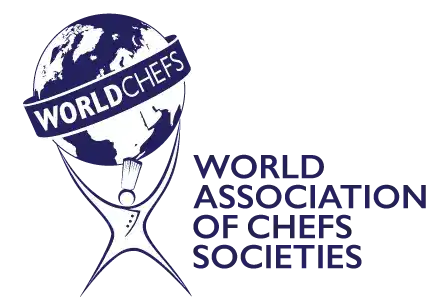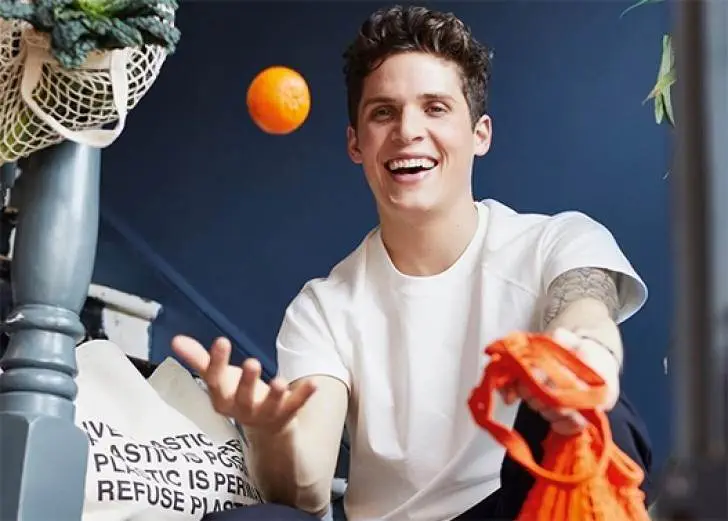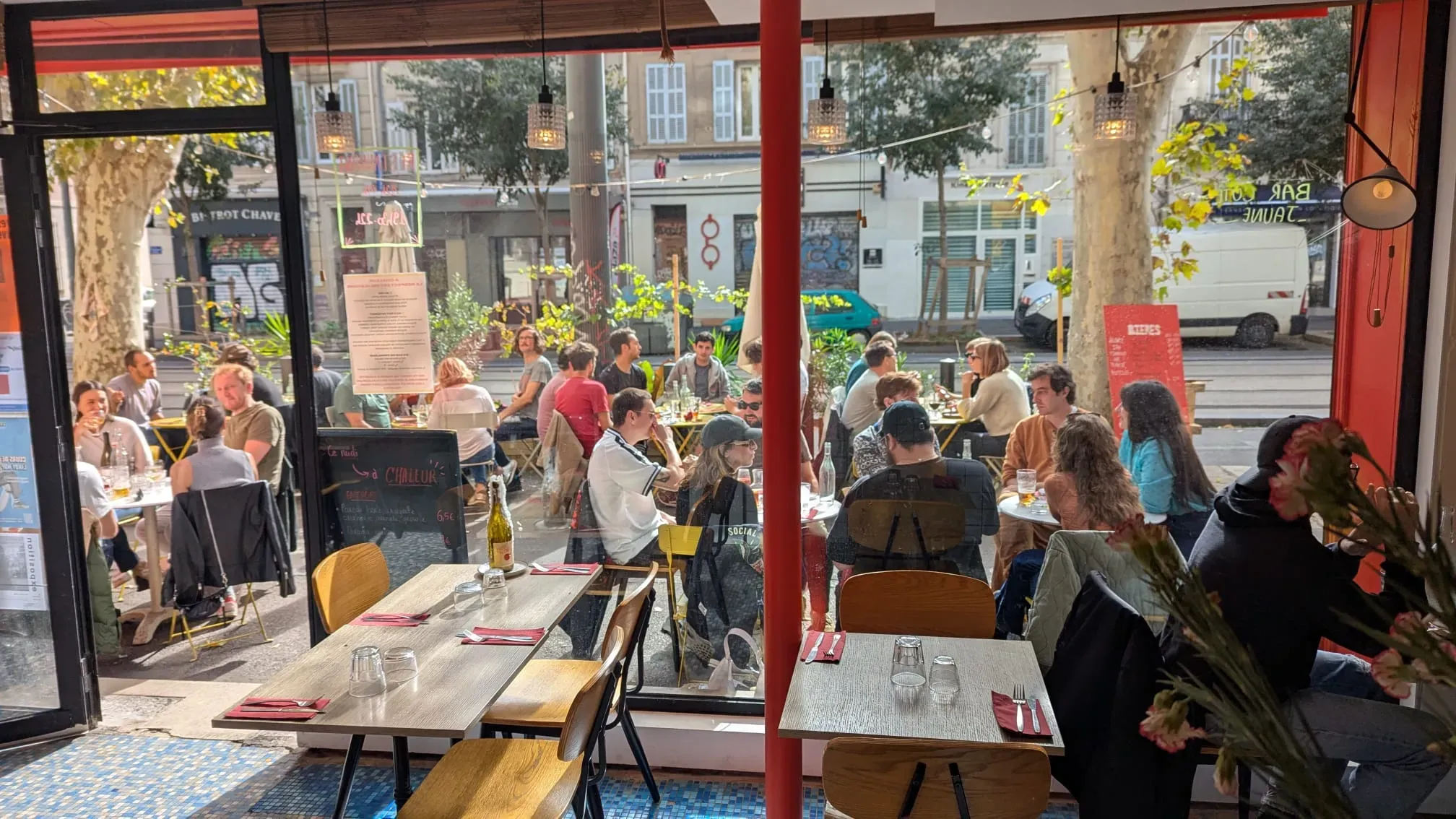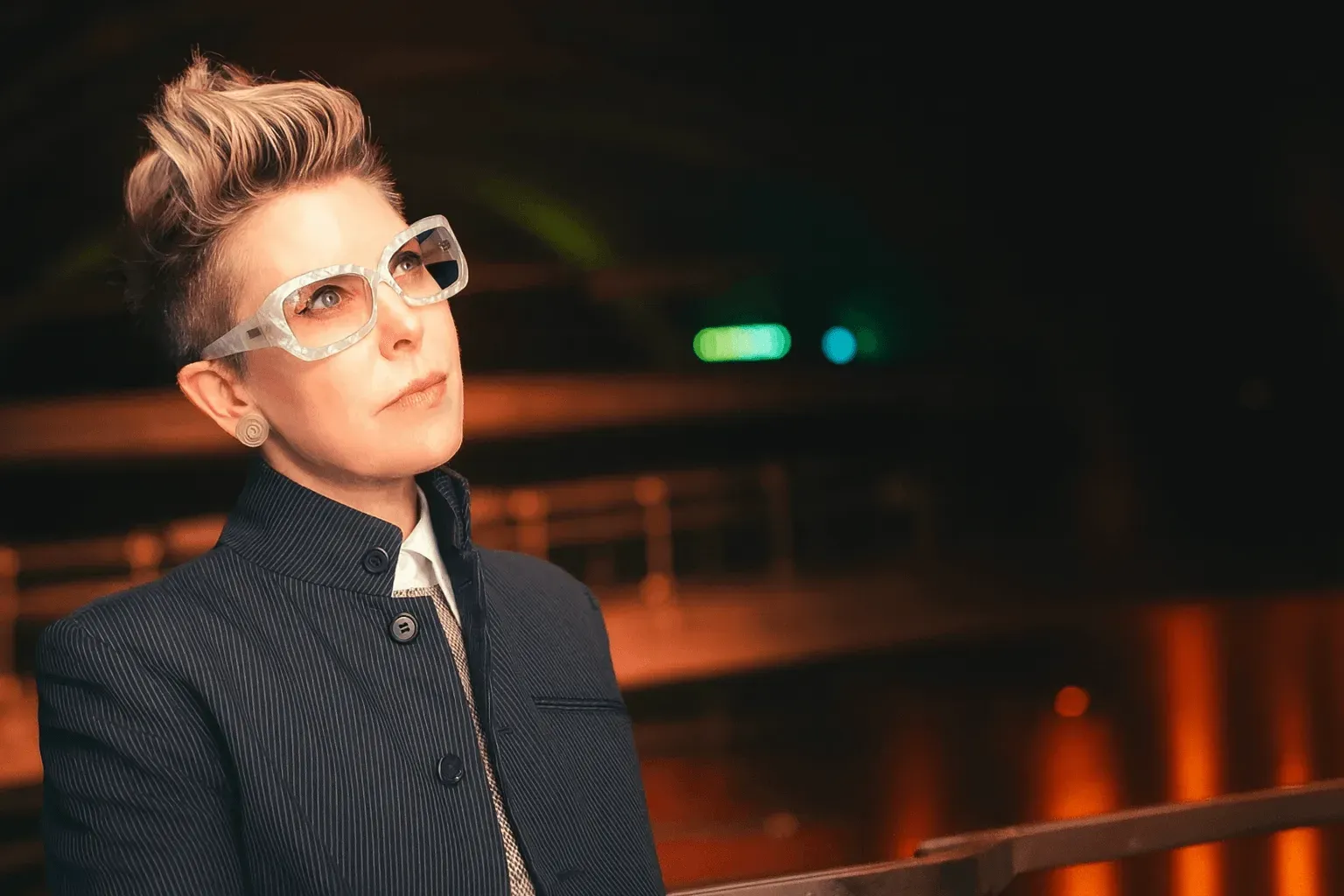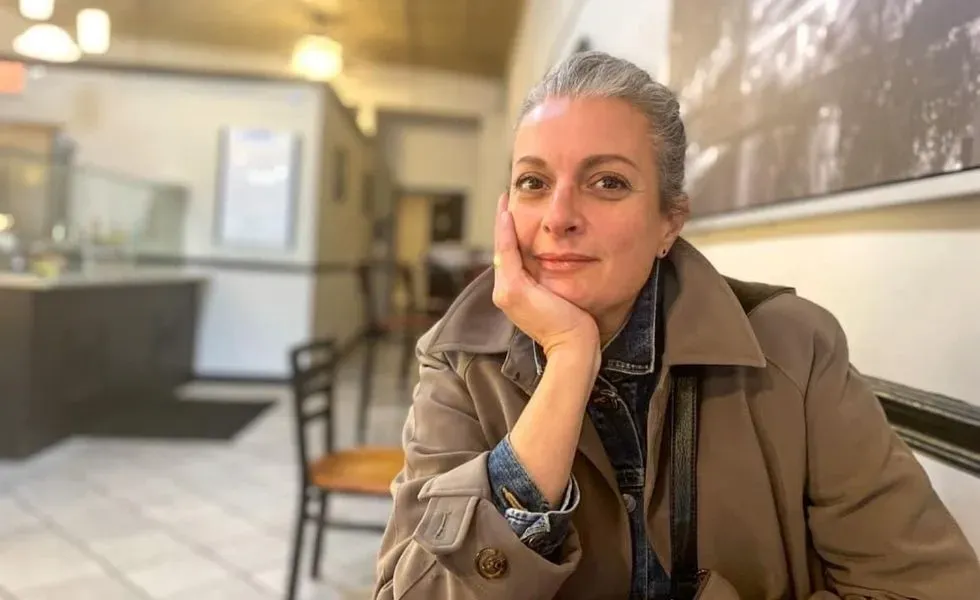In this episode, Ragnar talks with Max La Manna, an award-winning zero waste chef and author. His debut cookbook More Plants Less Waste won the Gourmand award for the UK’s Most Sustainable Cookbook in 2019 and placed 2nd in the world. Max is on a mission to reframe how we see food waste, one dish at a time.
Maybe you’ve heard the figures. One third of all the food produced globally goes to waste. 820 million people are hungry. 2.3 billion people are joining the planet by 2050 – and this will require a 60-70% increase in global food production.
Max heard those figures, too, and couldn’t shake them. Now he wants to help everyone live more sustainably and create less waste. Using social media to draw attention to the climate crisis and de-stigmatise the waste we create in our kitchens, Max provides simple, earth-friendly recipes to the masses.
His journey in appreciating planet and produce began long before he started rising in the ranks of social media platforms.
“Food was always the center focus in our family,” says La Manna. His father, a chef and owner of fast-food restaurants, brought him into the fold early on, fueling his curiosity about cooking. His mother taught him to plant seeds, harvest crops, and by the tender age of seven he was helping make wine in their attic. And so it began.
For nearly 15 years, Max worked in restaurants, from dishwasher to managing cafes. “It was really important to know every single position in the restaurant and how to manage a restaurant, how to cook in a restaurant, how to wait and serve tables, to even bartending,” says Max.
In October 2017, he took to social media to document his journey to a more sustainable lifestyle. Now he’s inspiring sustainable living to over 120k followers on Instagram.
Max’s story is approachable. His efforts to become a more conscious consumer didn’t happen overnight. It took many choices in the right direction, and of course some missteps. For La Manna, it’s about making those small changes. The more small changes you make, the bigger the impact:
“It’s really those small things. We need to highlight those moments, too. We need to be to be happy, to feel like we’re making a positive change and explore those small victories. Because once we do that, we can then help and inspire a whole new generation that we can make a difference.”
Max started by kicking the plastic habit, from refusing straws to shopping for produce with less packaging. Next up: putting more plants on his plate.
“I went vegan almost a little over eight years ago, but it’s been a journey,” says Max. After cutting out the more carbon heavy footprint ingredients like dairy and meat, he decided to go all in. He fell off the vegan bandwagon here and there, but that didn’t stop him for pushing. For 6 years now he’s been totally vegan, and he doesn’t ever see going back.
Max wanted to provide people with a fun foundation to make more conscious decisions. His cookbook provides all the research, tips and recipes in one place to help get started on a path towards sustainability. “It’s a cookbook for everyone,” says La Manna, “for everyone who wants to eat more plants and live more sustainably and create less waste.”

“Whatever the reason is, if it’s for the environment or it’s for saving more money in your pocket, I definitely think it’s about eating more plants. It’s about eating seasonally, eating locally.”
Culinary professionals know that food waste doesn’t just mean wasted food. Wasted food is wasted money, and worse yet, wasted water, energy, land and transportation. What ends up in the trash ends up in the atmosphere, too, as methane gas, a serious contributor to the climate crisis.
Chew on this: If food waste were a country it would be the 3rd largest emitter of greenhouse gases, after China & the USA. So let’s think our ourselves as the as leaders of a great nation and patrons of a healthy planet.

“I think consumers and business owners and restauranteurs – we all play a big role this thing we call life. But especially in reducing waste,” says Max.
Looking to professional kitchens, Max is inspired by Doug McMaster’s SILO, the world’s first zero waste restaurant set in London’s Hackney Wick neighborhood. The whole restaurant has been designed to close the loop, eliminating waste by trading directly with farmers, using re-usable delivery vessels, choosing local ingredients, and making use of a compost machine inside the restaurant that transforms scraps and trimmings directly into a compost used to produce more food.
“I think more and more we’re seeing restaurants compost their food waste and recycle their food waste,” says La Manna. “If restaurants and chefs can just reduce the amount of food waste that ends up going into the bin, then it’s a treasure box. You can find so many different ways to use that food.”
Whether you’re a professional chef, an influencer, or a homecook, you can start making those small changes, too. It doesn’t mean you have to go vegan, although Max has convinced even the most unlikely to join him: “My parents who grew up eating meat and potatoes are now exploring veganism,” says Max. “My father has been plant-based for almost two years now.”
Max’s cookbook, videos, and new series with BBC Earth are fun and delicious whether you’re a vegan or not. For La Manna, “what boils everything down is mindful consumption and human connection.” And isn’t that really what cooking is all about?
Resources
Learn more about Max and find his recipes at www.maxlamanna.com. You can follow him on Instagram @maxlamanna.
Watch Max’s brand new web series BBC Earth’s Re: Generation Food.
His debut and award-winning cookbook, More Plants Less Waste features easy and mouth-watering recipes that utilise the entire ingredient, zero-waste tips and tricks to eliminate food and plastic in your home and kitchen – saving you money and food.
Did Silo pique your interest? Learn more about this innovative restaurant here.
You can learn how to reduce food waste and save on your bottom line with Worldchefs Sustainability for Culinary Professionals web course. Check it out here. Once you’ve watched the videos and completed a quick assessment, you’ll also receive a certificate to show that you’ve taken a big step towards a building a more sustainable future.
To learn more about what Worldchefs members are doing to help #feedtheplanet, visit www.howtofeedtheplanet.com!
Don’t forget to subscribe to World on a Plate – lucky listeners win free gifts sent with care from the Paris office.
Acknowledgements
Special thanks to Max La Manna for joining us as guest.
World on a Plate is supported by Nestlé Professional, making more possible.

